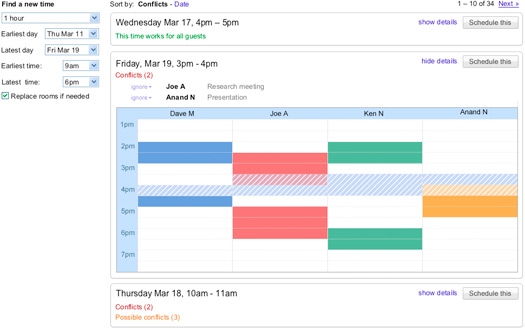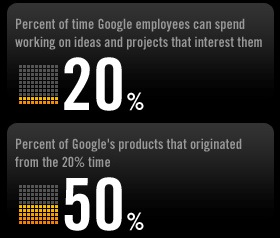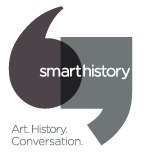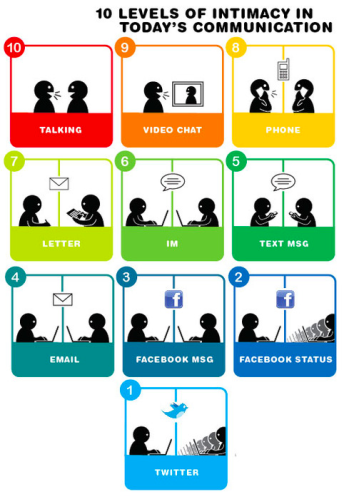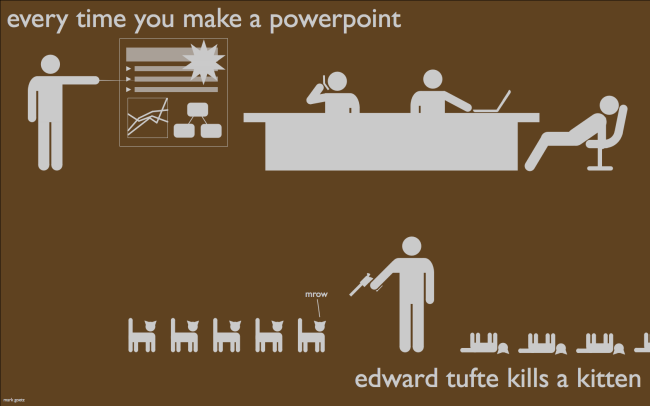Keith Belshaw’s contribution to the #purposed debate
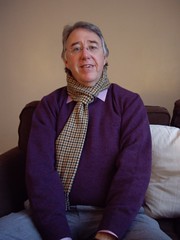 My father currently lives and works in the United Arab Emirates. He taught PE and Maths, and was Deputy Head in schools in the North East of England until he left for the UAE in 2009. He’s returning in July 2011.
My father currently lives and works in the United Arab Emirates. He taught PE and Maths, and was Deputy Head in schools in the North East of England until he left for the UAE in 2009. He’s returning in July 2011.
In this (unsolicited) 500-word contribution to the Purpos/ed debate, Keith Belshaw uses his multi-faceted experiences as an educator, traveller, father and grandfather to question whether the institutions within which he’s spent his working life continue to be relevant in their current form.
Please do comment and ask questions below; I shall encourage him to respond to each directly. 🙂
Purpos/ed “Education in the 21st Century”
Why? What? How? Where? Who?
Keith Belshaw
It is easy on this platform to forget that the majority of readers have gone through the tried and tested “traditional” route of “being educated”. By this I mean school followed by college/university and into a chosen profession, trade or job. For the majority, their outcomes -when viewed from the perspective of what is valued educationally by present day society – have been successful. There will have been real life experiences that have shaped outlook on life, morals and values. There will have been role models who have shown how things are done effectively. There will have been opportunities for learning co-operatively, experiencing cultural diversity and sensibilities in the “global village”. The different “intelligences” which we are given and learn will be factors in the way our relationships are formed – and with whom to a large extent. As this “growth” – intellectual and physical – matures over time, relationships built on the bedrock of mutual empathy, respect and healthy conflict resolution prosper. BUT…
…what is absolutely necessary in the 21st Century are adults who are critical thinkers, reflective problem solvers, who adapt and refine strategies and processes for the common good that is society. Above all, adults must pass on all these meta-cognitive skills that I have mentioned to the next generation, through extensive interaction with those children, and where positive modeling is evident.
School is now an outdated institution! The influences within can be harmful to the positive development of young children. Certainly, many parents will echo that viewpoint! Therefore, what skills and what knowledge will a youngster need before being let loose on the information technological overload that is “out there”?
With whom will they choose to learn? With their good friends! How will they learn? Looking at my grandchildren as they use software – I think we are missing a major opportunity for educational growth if games for all ages, which are motivational, intellectually stimulating, competitive, available and affordable are not developed soon.
There needs to be ongoing assessment based on agreed rubric that covers all aspects of human development. This can be done at various “hubs” – centres which provide purely arts, or technologies, or mathematics and science, or sport. They should be able to be accessed 24 hours a day to suit the individual. The “hub” will have nationally agreed benchmarks that allow students to move from level to level in various aspects. Being able to study, investigate and explore when the motivation takes learners will be key to success. Universities will eventually be on-line and open to all, being the ultimate certificate providers at every level. So who learns? Everyone! No-one stops learning – learning is life-long! The system needs overhaul to afford opportunities for learners to opt in – opt out – and then opt back in again. We need to make education totally flexible, relevant, readily available with support – and FREE!
A civilized country is measured by the number of educated people in it’s population!


